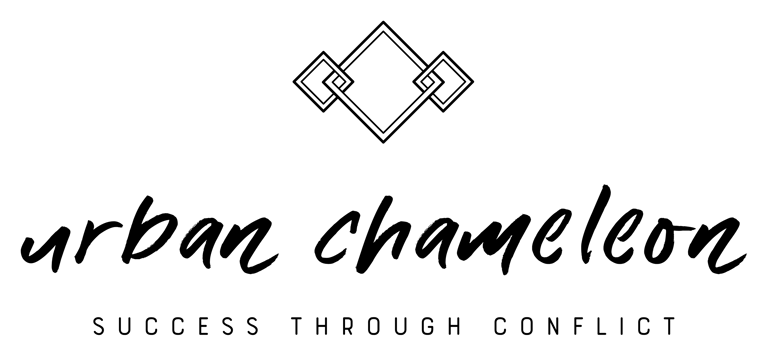One of THE most fundamental skills I’ve ever picked up on, and the one which I think many people have even without knowing it, is code switching. For practical purpose, code switching is simply the ability to switch up how you engage with people. While it may mainly come across in the spoken language, if we take broader look at the practice of this skill, it’s far more holistic and more powerful than you might think.
Code-switching may result with language being spoken but begins much earlier in your head when you read or realize a situation requiring you to engage differently. And that deeper, mental math requires additional skills such as being aware and knowing your audience. This idea of “know your audience” is a huge thing I use in my life all the time, or at least something I try to keep in mind. But to think about “your audience” then requires things like empathy such that you realize one way of communicating is easier, better, or more optimal for the people/person in front of you. And beyond the mental work and the spoken piece, code-switching also tends to manifest itself physically. Maybe not in the most obvious ways, but the way you may or may not hold eye contact, how close you stand, how fast you move, how much you move, and so on and so forth – all these things might be adjusted based on who you’re engaging with. Have you ever noticed that in yourself? How do you adjust yourself from thought-to-action when you're around someone else?
For me, for example, my mom worked for a law firm in Center City Philadelphia and having been exposed to such people lead me to “speak proper” in front of them; not because me speaking as I would with my friends would alienate me outright or make me “less than” – at least I never got that feeling directly – but because it made the entry to dialogue and exchange much easier. In such situations, I would speak more calmy and quietly. Laughs were genuine but sometimes a bit muted. And the nature of the conversation, overall, was just more structured and formal. And that’s okay. That’s appropriate when thinking about the setting (in a skyscraper in Center City Philadelphia’s financial district) and the people (professional lawyers with years of professional and corporate experience with educations from prestigious universities). So I was myself but more controlled.
On the other hand, when talking to friends who were known drug dealers that – while educated in their own way – simply spoke differently than my mom’s lawyer colleagues, I was just as comfortable there and reverted back to a… less polished English (by formal educational standards) – but an English that is equally valuable; Ebonics, in this case. I was my more relaxed self. And one of the most important things that I came to realize through being able to bounce back and forth between lawyers and drug dealers within a 40-minute bus ride is that the drug dealers (the ones I knew, at least) were actually just as shrewd and smart as any lawyer I ever met, in some cases moreso.
Meeting people where they are - whether in a skyscraper in a suit or on the block in a hoodie - is often better and easier for the sake of conversation and learning. And there’s the point! If you can do it, do it. Use what you’ve learned to your advantage. The true value of code switching is this: you allow yourself to open doors to knowledge, lessons, and insights wherever they may be. There is value in everyone, and the key is connecting to people and listening to WHAT they are really, truly saying and not, necessarily, HOW they say what they’re saying; there are lessons everywhere coming from everyone on everything in life. And being able to switch things up gives you greater access to people and their wisdom.
To the point of this Urban Chameleon project, if you can connect and learn and grow using skills you have available to you, then you owe it to yourself to do so. And you might have one of the best keys to opening doors with code-switching. Recognize that being multi-lingual doesn’t only or exactly mean speaking English, Spanish, and German. Recognize that knowing how and when to speak to people, or being generous enough to let people express themselves honestly, is powerful a tool and gift. So, how many languages do you really speak? How many groups of people do you really have access to? And more importantly, how can you use this knowledge to improve yourself and those around you? Can you connect people who might otherwise not talk or meet? Can you build bridges where others can’t?
Let me know; I'm curious to hear and learn :)
